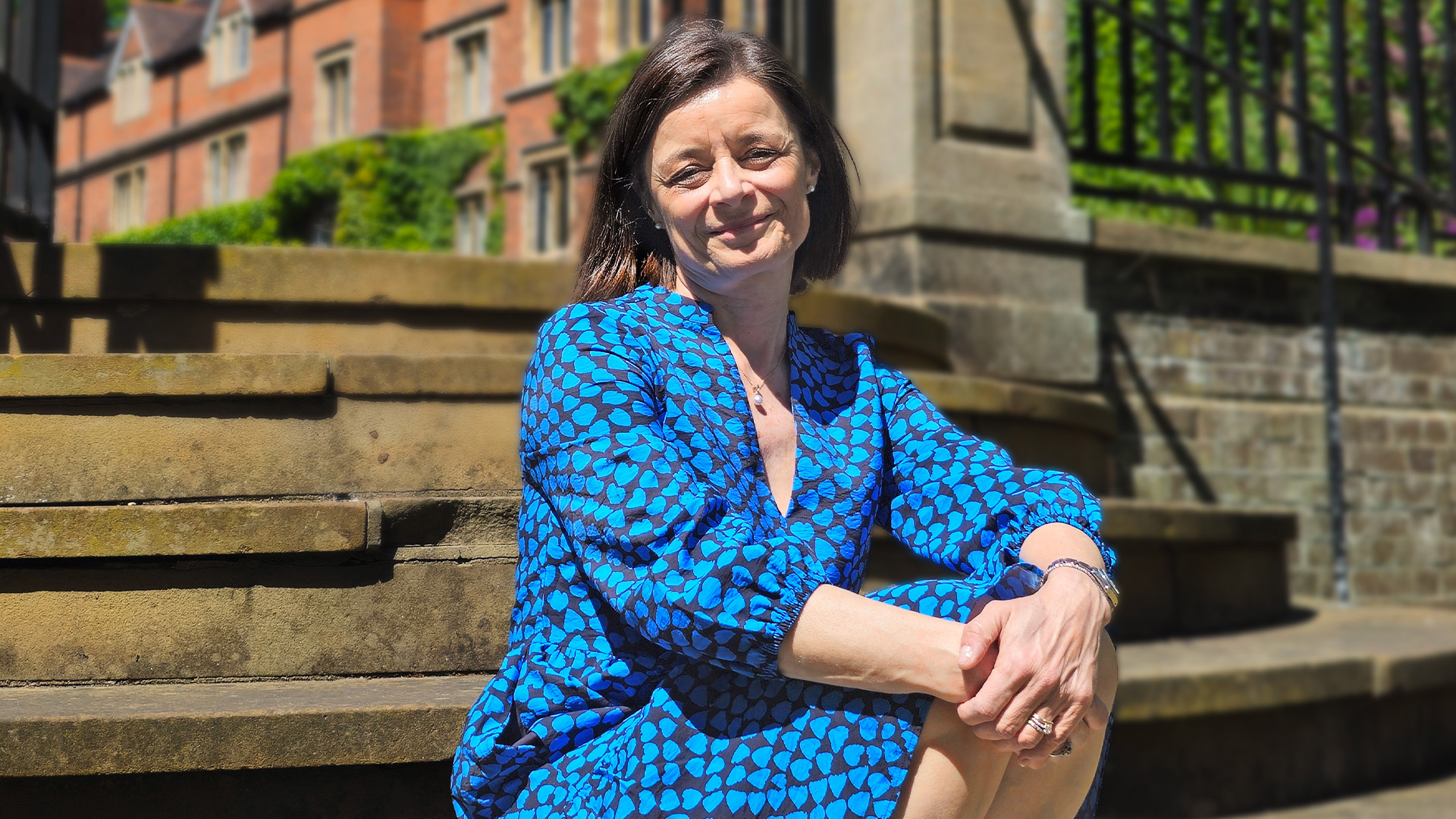
Dott. Claudia Domenici
College Position
Director of Studies in Italian
University Position
Associate Professor in Italian
University Department
Faculty of Modern and Medieval Languages and Linguistics, Italian
Subject
Italian
Research Interests
Language teaching methodology, and the interaction of language and culture with a focus on the transnational perspective
Where did your love of language start? Tell us about your background.
Travel has always been part of my family life. Many of my relatives live abroad, so I grew up with quite an outward-looking perspective. My parents encouraged my sister and me to learn English from an early age. It wasn’t a formal or strategic decision — it was just part of who we were. And in the provincial part of Tuscany, Italy, where I grew up, that wasn’t very common at the time. I'm very grateful to my parents for that, even though it sometimes made me feel like a bit of an odd one out.
Did you always plan to build a career in the UK?
When I was first starting out, I had very different plans for my life and career. My first degree was in Modern Languages at the University of Pisa. I then took up a temporary role as a language assistant at Cardiff University — my first job in the UK. During this period, I began to see the potential for building a life and career here. I realised I could continue what I’d begun with my degree in Modern Languages, but with a more specialised focus on teaching Italian. So, I moved to Lancaster, where the University offered an MA that allowed me to explore my interest in translation and translation studies whilst teaching Italian. After my MA and before my current role in Cambridge, I worked at the University of Bristol, in charge of the language element of the degree programme in Italian for over a decade. Cambridge, I have to say, is the favourite part of my journey!
Your expertise is in language teaching methodology. What does this mean?
There are two key aspects to my teaching. First, I’m deeply interested in integrating language and culture. Studying a language means engaging with the culture it expresses: its history, philosophy, art and so much more. Language is the key that unlocks everything else: students can’t go deep enough into their studies of culture without it. My aim is to give students the language tools to explore these dimensions by using material drawn from current affairs, literature, the arts and other cultural products. I work closely with colleagues to ensure students develop the language skills they need to engage meaningfully with the cultural content across their course.
The second aspect reflects a broader shift in Modern Languages over the past years. The field has moved from viewing cultures as specific to recognising them as interconnected and transnational, and this perspective has become central to my work. Italian culture today is an ideal case study, as it is shaped by migration, postcolonial identities and global exchange.
What does this approach look like in the work that you do with the students?
A key focus of my teaching is integrating all four language skills — reading, writing, speaking and listening — across the programme. I’ve embraced this holistic approach through an ongoing project in which students prepare for and conduct interviews with Italian authors. They read and watch relevant materials, speak and listen in real time during the interview, then write, translate and reflect afterwards, which is a full, meaningful engagement with the language. The interviews are recorded and provide rich material for further language work.
The project also reflects the transnational direction of Modern Languages. We began with major literary figures like Andrea Camilleri and Dacia Maraini, and have since interviewed postcolonial authors such as Shirin Ramzanali Fazel (Italo-Somali author) and Gabriella Ghermandi (Italo-Ethiopian artist) exploring Italy’s colonial legacy.
It’s about understanding culture through contact, migration and exchange, which are key themes in today’s curriculum. Like in English studies, there’s increasing focus on decolonising the syllabus, and language teaching plays a vital role in that shift.
And in your free time, what keeps you busy?
Travelling is definitely high on the list of things I enjoy whenever I have a bit of spare time. It also means I get to spend time with family and friends, who are scattered across Europe and beyond.
In Cambridge, we love walking our dog in the beautiful countryside nearby. I really enjoy my yoga classes, and thanks to Selwyn, I’ve discovered a love of (attempting!) to sing with the wonderful Selwyn Voices choir.


